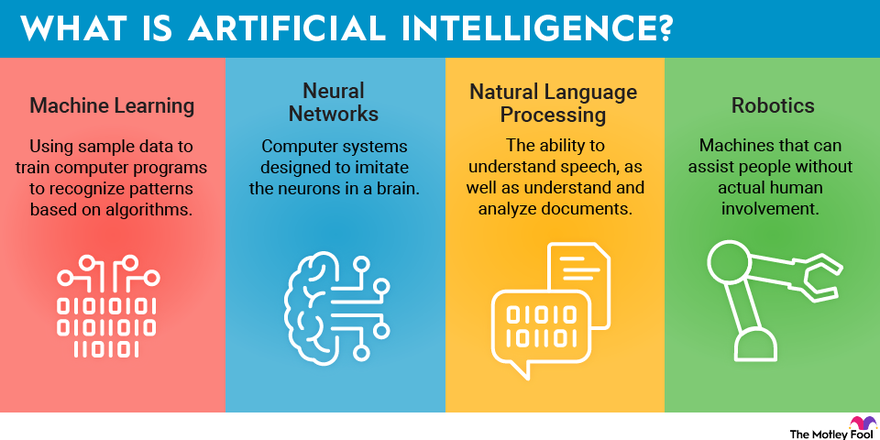Altiplano Design Insights
Exploring the beauty and creativity of design in everyday life.
Is Your Job Next? The Rise of AI Workers
Discover how AI is transforming the workforce and whether your job could be at risk. Read more to find out if you're next!
Understanding AI Workers: How Automation is Reshaping the Workforce
The rise of AI workers is fundamentally transforming traditional job roles and the overall workforce landscape. As automation technologies become increasingly sophisticated, many industries are witnessing a shift where repetitive tasks are performed by machines, freeing human workers to focus on higher-level, strategic work. For instance, in sectors like manufacturing and customer service, robots and AI systems are taking over mundane tasks, allowing employees to harness their creativity and problem-solving skills. This evolution not only enhances productivity but also necessitates a reevaluation of skill sets, as workers must adapt to new tools and technologies.
However, this shift towards automation raises important questions about job displacement and the future of work. While some fear that AI workers will render human jobs obsolete, others argue that automation will create new job opportunities in tech-driven fields. To thrive in this new environment, individuals must engage in continuous learning and upskilling, staying relevant as the demand for digital and analytical skills rises. Embracing the challenge of adapting to AI integration is crucial for both individuals and organizations, ensuring a balanced coexistence where humans and machines can effectively collaborate.

Is Your Job at Risk? The Impact of AI on Employment Opportunities
The rapid advancement of artificial intelligence (AI) technologies has sparked significant concern regarding job security in various sectors. As AI systems become more sophisticated, they possess the potential to automate tasks that were once the domain of human workers. This shift could lead to a reduced demand for certain roles, especially in industries such as manufacturing, customer service, and data entry. A recent survey indicates that over 40% of jobs may eventually be affected by automation, prompting workers to contemplate whether their jobs are at risk.
However, while the threat of job displacement looms large, it's important to recognize that AI also creates new opportunities. As companies integrate AI into their operations, there is a growing need for skilled workers who can development, maintain and improve these systems. Fields such as AI ethics, data analysis, and machine learning engineering are emerging in response to this demand. Therefore, instead of succumbing to fear, individuals can enhance their employability by upskilling and embracing continuous learning to navigate the changing job landscape.
AI vs Human: What Skills Will Be Essential in the Future Job Market?
As we move further into the era of AI, the job market is undergoing significant transformations. While automation and machine learning are reshaping various industries, certain human skills are becoming increasingly essential. Skills such as creativity, emotional intelligence, and critical thinking are irreplaceable by machines. Creative problem-solving abilities allow humans to approach complex challenges with innovative solutions, while emotional intelligence enables individuals to navigate social dynamics and work collaboratively in diverse teams.
Additionally, the future job market will place a premium on skills that enhance adaptability and lifelong learning. Professionals will need to continuously update their knowledge to keep pace with advancements in technology and the evolving demands of the workplace. In this context, skills such as digital literacy and data analysis will be crucial, as they empower individuals to leverage AI tools effectively. Ultimately, the coexistence of AI and human capabilities will define the future landscape of work, making it essential for individuals to cultivate a rich blend of soft and hard skills.